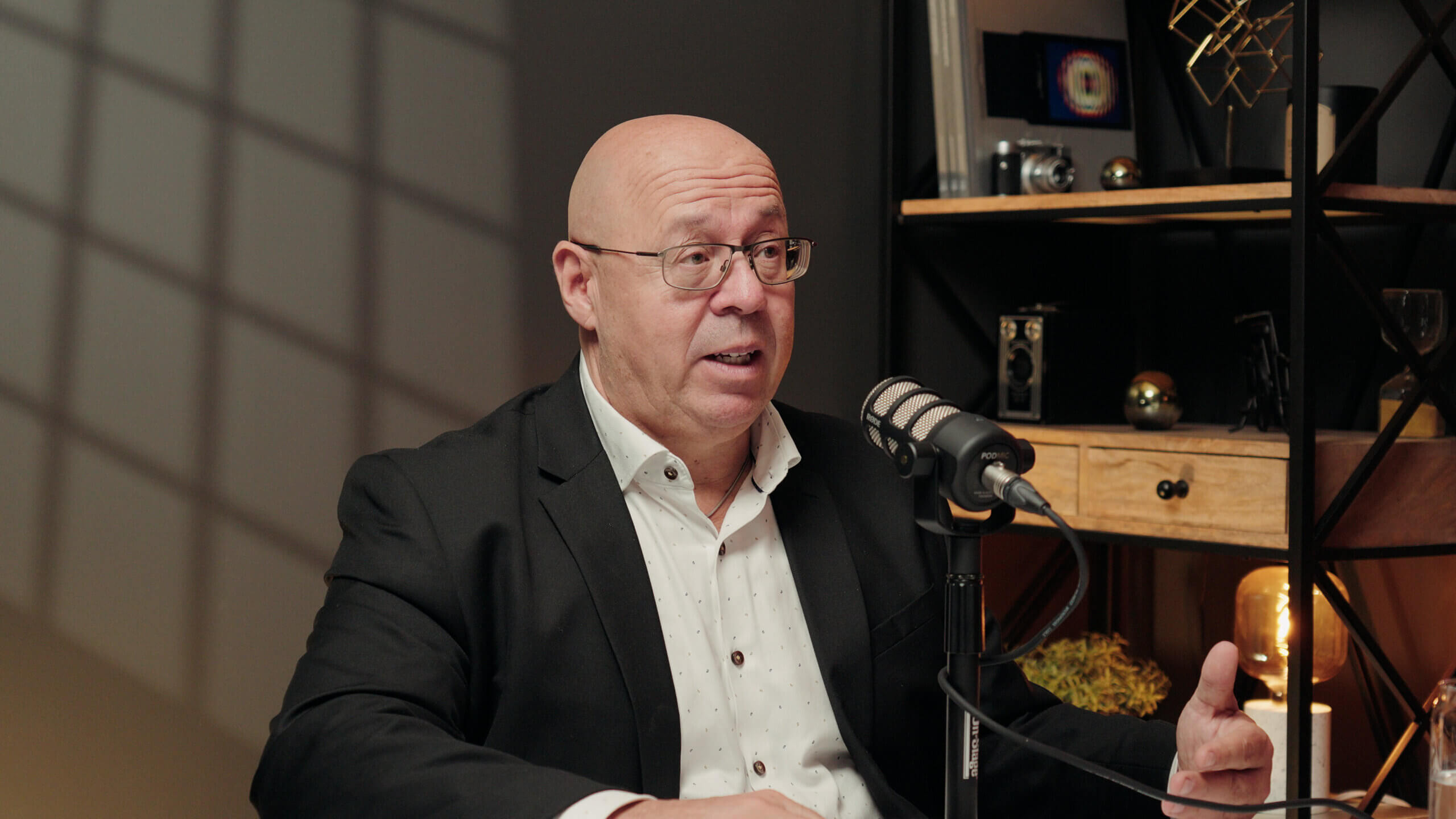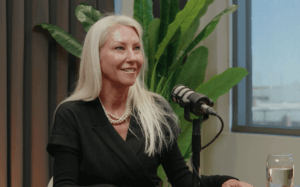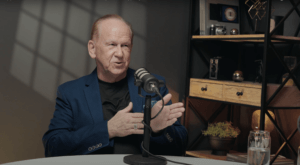Guest: Marc Tassé, MBA, FCPA, FCA, FCG, Strategic Advisor to CEOs and Boards of Directors
Written by: Claudine Fyfe, President of Fynlam
Reputational risk, often an invisible threat, can be devastating for a company. Unlike legal, financial, or operational risks, reputational risk cannot be quantified. Yet, its consequences can be both unpredictable and long-lasting. It may take up to 80 weeks—nearly two years—for an organization to recover from such an impact, if recovery is possible at all. However, there are ways to prevent it.
Risks and Responsibilities in Supply Chains
Supply chains are evolving rapidly, becoming increasingly complex. These changes pose significant challenges for leaders, particularly in fulfilling their fiduciary duties, which encompass four key areas: prevention, detection, reporting, and correction. Failure to uphold these duties may constitute gross negligence and result in legal action.
Moreover, Canada’s Modern Slavery Act, which came into effect on January 1, 2024, imposes new ethical and social compliance obligations on businesses.
Indirect Costs: Challenges and Methodology
Indirect costs, such as insurance, rent, and equipment maintenance, present a major challenge. To master these costs, it is crucial to segment the company’s activities and allocate indirect costs to each activity, such as procurement, goods receipt, and manufacturing. This activity-based segmentation helps identify the costs of each process accurately.
The Danger of Perceptions
Reputational risk largely hinges on perception. A company can fall victim to this risk if it is perceived to act contrary to the values it claims to uphold. This becomes even more concerning in the age of social media, where a single shared piece of information can spark a crisis.
This risk affects all supply chain players: manufacturers, suppliers, subcontractors, and distributors. Even entities with no direct contractual link to a company can pose a threat, making risk management even more complex.
An Example and Its ConsequencesAn Example and Its Consequences
The collapse of Rana Plaza in Bangladesh in 2013 highlights the repercussions of failing to adhere to safety standards. Despite warnings, the building housing textile workshops collapsed, killing and injuring thousands of workers. This disaster had global repercussions, particularly in tightening corporate accountability for safety standards.
Canadian companies are therefore required to treat their workers and subcontractors ethically and comply rigorously with safety standards. Vigilant monitoring is essential to prevent lapses that could damage their reputation.
Best Practices for Managing Reputational Risk
To prevent and effectively manage reputational risk, several best practices can be followed:
- Aligning Expectations and Values: Negotiate with suppliers by emphasizing quality and long-term projects over mere cost reduction. Partner with those who share similar values and ethics.
- Adhering to Codes of Conduct: Enforce strict ethical standards for suppliers and conduct regular audits to ensure compliance.
- Prequalification and Ongoing Monitoring: Have a clear understanding of your business partners and establish regular oversight of their practices.
- AI and Data Vigilance: With the rise of artificial intelligence, ensure the authenticity of exchanged information to maintain the integrity of the company and its partners.
- Transparency and Highlighting Positive Actions: Since perception is key, actively promote positive initiatives in social and environmental responsibility.
- Long-Term Vision: Make decisions with their long-term impact on the company’s reputation in mind.
- Crisis Response: In the event of an incident, leaders must take full responsibility and act swiftly to rectify the situation rather than shifting blame.
Proactive Management of Reputational Risk
Marc Tassé offers essential reflections for anticipating and managing reputational risk:
- Reflect on the “WE”:
- Reassess governance practices, both locally and abroad.
- Stay closely informed about industry trends and competitors to anticipate risks.
- Consider the “WHY”:
- Identify what makes your company unique and take action to differentiate your offerings from competitors.
Reputational risk is especially critical in a context where social media amplifies the visibility of companies and their actions. Proactive management, constant attention to corporate values, and aligning the supply chain with ethical principles can protect a company from this risk and preserve its credibility.
For more insights on this fascinating topic, listen to this episode of our podcast (french version only)!



